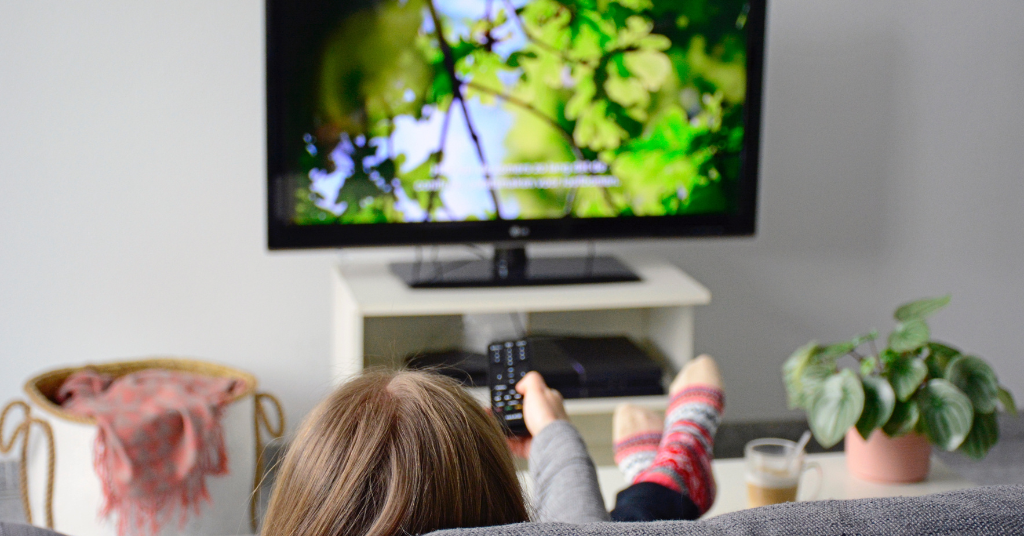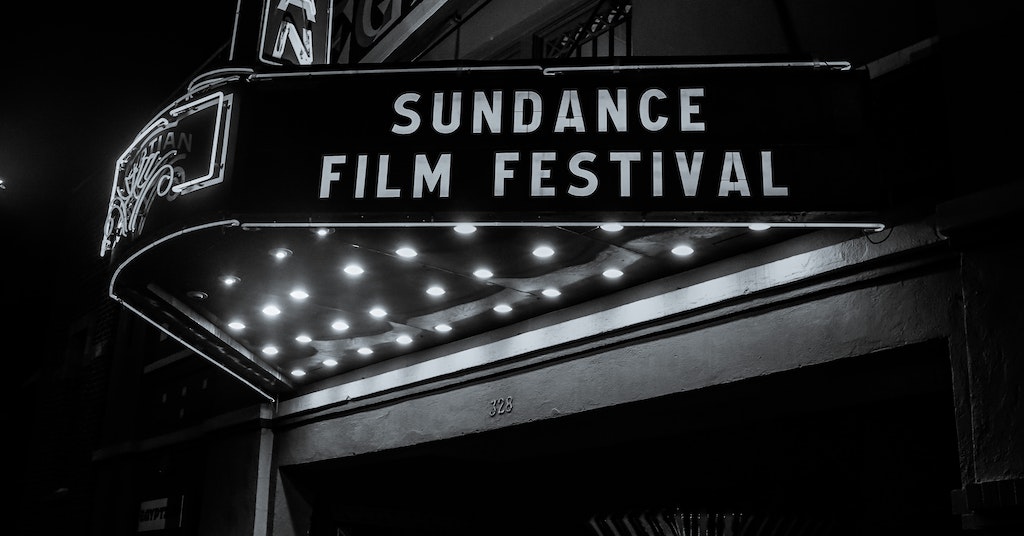
Meghan Trainor: Knowing sign language helped me after vocal surgery
April 11, 2017
How not to teach your girlfriend about deafness
April 13, 2017Deaf moviegoers say cinemas aren’t accessible after being turned away from ‘Beauty and the Beast’

A group of deaf and hard of hearing patrons were recently left without access to a viewing of Disney’s “Beauty and the Beast,” after the theater allegedly declined to turn on captions.
The group of 18 Rhode Island moviegoers says the manager refused to turn on the open-captioning function, claiming it wouldn’t be fair to other patrons who had not paid to see a subtitled movie, according to the Associate Press.
The situation is not uncommon. Many deaf and hard of hearing people around the world find it difficult to watch movies in cinemas.
HearingLikeMe contributor Ellie Parfitt is petitioning UK cinemas to show closed captions. She currently has 1,547 supporters.
“I’ve gone through 20 years of my life and only seen about 15 subtitled movies in the cinema,” she says. “During my childhood, teenage years and even now, I have missed out on many social outings with family and friends to the cinema. It’s really isolating and upsetting that we don’t have the freedom and ability to go when we want, like hearing people do.”
“During my childhood, teenage years and even now, I have missed out on many social outings with family and friends to the cinema.”
Many cinemas don’t switch on captions because of the distraction they believe it causes other patrons. Instead, those who rely on captions are often required to attend special showings, which are sometimes weeks after the opening of a film, or during off-times.
“Last autumn, My family and I wanted to see the new James Bond blockbuster film, ‘Spectre’, but to my surprise the manager at my local cinema told me they had a ‘policy’ not to show subtitled films in the opening week,” Ellie says. “ Apparently there’s no demand and also they claimed people complain when there’s subtitles. This, to me, was a shock.”
Movie theater laws for deaf people
As Ellie, the Rhode Island group is petitioning the General Assembly to enact pending legislation requiring theaters with at least eight screens to accommodate customers who have visual impairments or deafness, according to the Providence Journal.
Aside from captions, there are other assistive devices available in theaters, but they aren’t always the best solution, according to users. The group in Rhode Island says they were offered assistive listening eyeglasses, but there were not enough available for all of them. They also say the glasses are too big for a child and uncomfortable for someone who already wears eyeglasses.
Another deaf moviegoer, Julie R, shared on Instagram that she was able to enjoy the film with special headphones.
“I walked into a movie theater for the first time since the hearing loss, armed with the sound isolating headphones I was hoping would allow me to watch a movie like a normal person,” she said on Instagram. “As Kevin Kline (Maurice) sang the first lines to How Does A Moment Last Forever, I remember thinking ‘It works. I get to do this — I get to watch a movie just like everyone else. And it’s Beauty and the Beast.’ This movie means a great deal to me. I cried then, I cried after, I’m crying now — it’s really all just a weepy mess.”
Deaf and hard of hearing moviegoers should continue petitioning their theaters for proper accessibility, Ellie says.
“Contact your cinema,” she says. “If they respond with a typical, rubbish response then you can take it further and quote the Equality Act 2010 (UK).”
The Department of Justice in the US has also recently revised regulations that require closed captions and audio descriptions in movies.
“Once they see that they’re not complying with the law, they are more likely to make a change,” Ellie says.
Have you experienced similar situations in your local movie theater?



